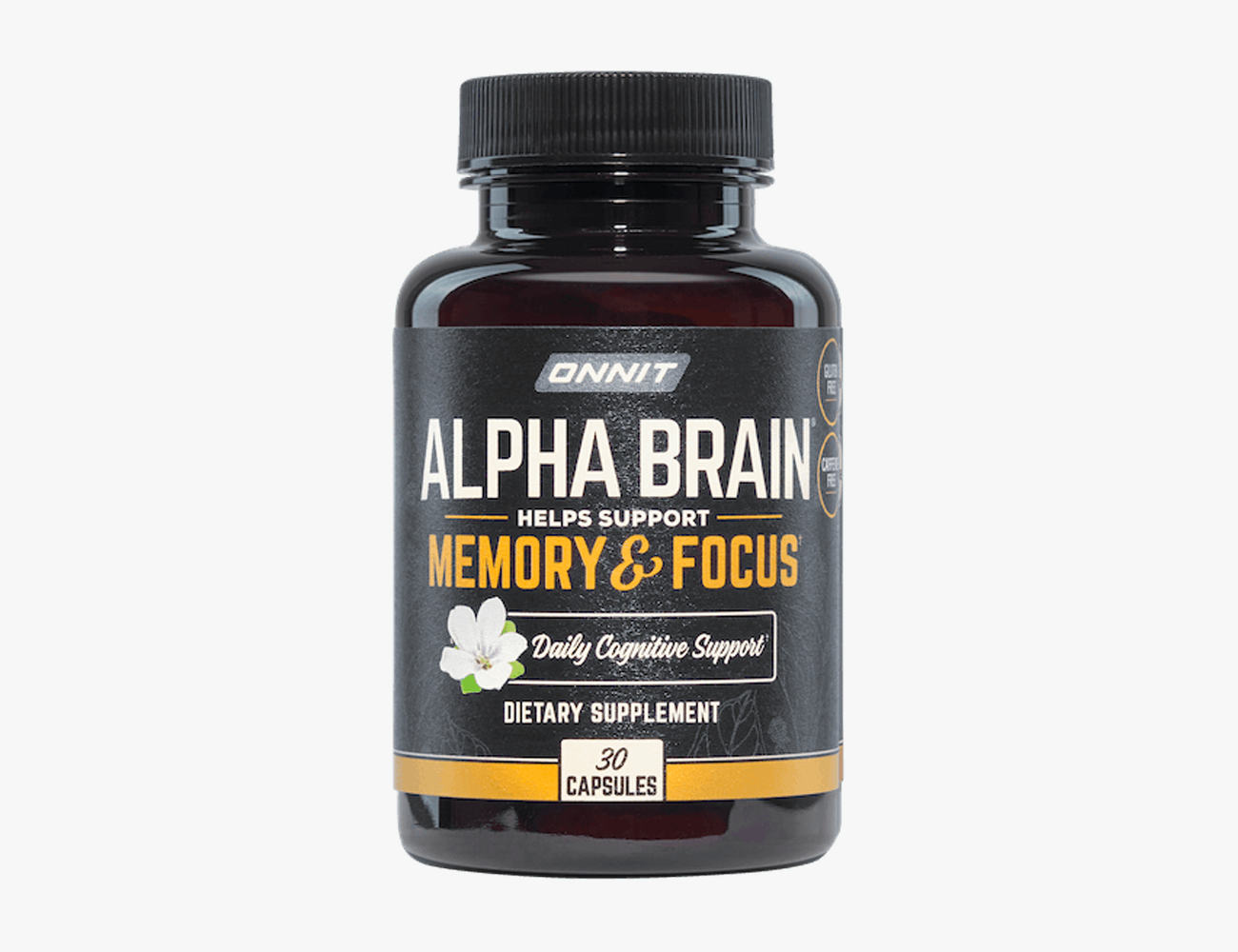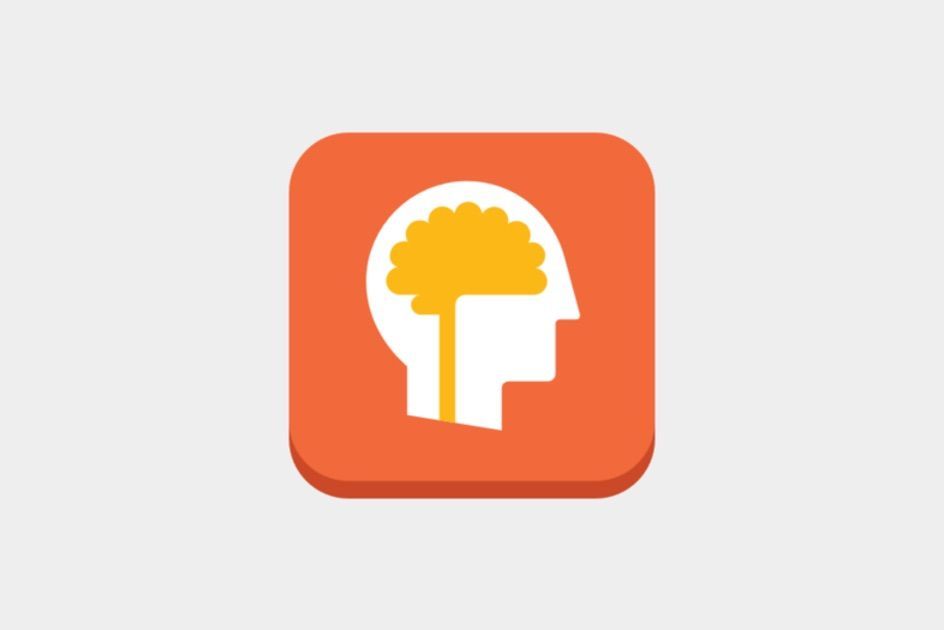You probably have a good idea of how to get your body in shape, right? train constantly. Eating (relatively) clean. Rest and recover properly. But as more and more of us realize, physical fitness is only half of the equation.
The term “mental fitness” refers to a positive state of well-being created through the general maintenance of brain and emotional health. In other words, train how you think, feel, and act the same way you would your biceps or quadriceps. But you can’t look at your mind the same way you look at your muscles, says a certified mental performance coach carlos ohlsonwhich can make it difficult to understand the concept.
“It’s a lot harder to see what’s going on between someone’s ears than it is to see what’s going on with their physiology,” explains the former Penn State assistant athletic director of performance psychology. “You have to really understand yourself, and then you have to figure out how to handle yourself in different environments, and that is often unique to the individual.”
Such a self-assessment can feel more intimidating than a One Rep Max Bench PressBut in today’s world, mental fitness takes center stage. According to studies according to global market intelligence agency Mintel, nearly four in five Americans (78 percent) cite mental and emotional well-being as inspiration for exercising, narrowly surpassing physical well-being (76 percent). Also, a recent survey by the American Psychiatric Association showed that a quarter of Americans made a New Year’s resolution to improve their mental health this year.
Fortunately, there are plenty of resources to get a jump start in this area. Here’s a quick look at three approaches to mental fitness, followed by Ohlson’s thoughts and our own experiential feedback, to help you stay focused on the game, so to speak.
Guided by Voices
Focus
Thanks to advances in telemedicine, app development, and mental health awareness, your phone can be the perfect brain trainer. Various mindfulness, sleep management, and guided meditation apps, such as Calm ($70 per year), Head space ($70 per year) and breathe ($89 per year), have been shown to help people’s brains rest, recover, and revitalize.
Expert opinion
“People talk a lot about stress management,” Ohlson says. “I prefer to talk about energy management, because a lot of stress is not automatically a bad thing. You can mobilize some energy and take it to a good place. You just have to know how to regulate your energy levels, and some apps are pretty good at it.”
field notes
I have relied on Calm to help ease my meditation schedule. I enjoy how easy it is to find that right state of mind through the app’s guided services. But I wouldn’t recommend an app to address serious mental health conditions, which are still best treated with the help of trained professionals.
your brain on drugs
Focus
Whether you’re training for a new PR deadlift or a more intuitive mindset, the supplement industry has an answer. Many supplements are marketed as brain enhancers, particularly in the subcategory known as nootropics. These “smart drugs,” such as Onnit’s Alpha Brain lineup ($35 and up) and Thesis Nootropic Formulas ($119 for a month’s supply) — claim to improve memory, focus, creativity, intelligence, and motivation. But because dietary supplements are not regulated by the FDA — and in this case they target the sensitive structures of the brain — you have to be very careful with them.
Expert opinion
While she doesn’t necessarily buy into nootropics, Ohlson respects the connection between nutrients and the brain. “I recognize that if I’m on a sports performance team and I have a colleague there who is a nutritionist, there’s a reason,” he says. “Because nutrition has to have these other impacts on the health and well-being of the individual.” Science backs it up. A review of 21 studies from 10 countries published in research in psychiatry found that a healthy dietary pattern containing fruits, vegetables, whole grains, and other items was associated with a reduced risk of depression. Y according to Harvard Health Publishing“The best foods for the brain are the same ones that protect the heart and blood vessels,” including green leafy vegetables, fatty fish, berries, tea, coffee, and nuts.
field notes
I tried Onnit’s Alpha Brain products and after a learning curve, I felt a boost. But I have experienced similar results with a simple diet change. After all, supplements they are just that, something you don’t get from your normal nutrition. So before you buy a bottle, try adding some of the aforementioned foods to your diet and see if you can reap the same benefits, without the added uncertainty or expense.
Flexing the mental muscles
Focus
Due to the variables that make up mental fitness, getting close to a proper training regimen can seem daunting. But a mental workout can be much less of a chore than a physical workout. apps like brightness ($48/year) and Raise ($40/year) have grown in popularity, promoting puzzles, quizzes, and challenges as a quick and discreet way to unplug and focus on your well-being. These entertaining tasks have been shown to work on both sides of the brain, improving focus, short-term memory and attention, according to a 2018 study published in Basic research of the medical science monitor.
Expert opinion
Ohlson claims that puzzle-based brain games, along with other modalities, have a lot of potential to benefit your health. “They have a negative effect on the stress response, they can help strengthen your immune system,” he observes, with some advice: “Be fully present in whatever you’re doing. It doesn’t matter so much what the activity is; it’s more about your philosophy towards the activity.”
field notes
I use Lumosity on a routine basis, and the gaming aspect of it has proven to be a great way to stay focused and present in the moment. I can always find 10 minutes in my day for cognitive training, especially when I can hold that training in the palm of my hand.



